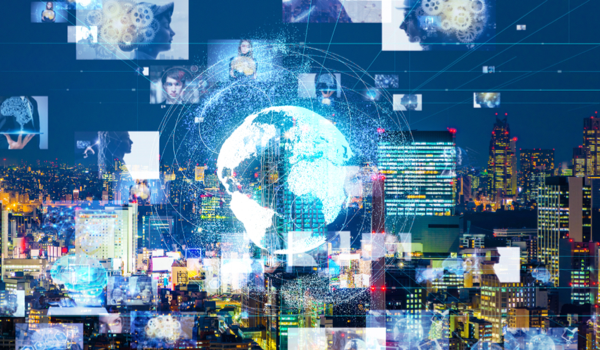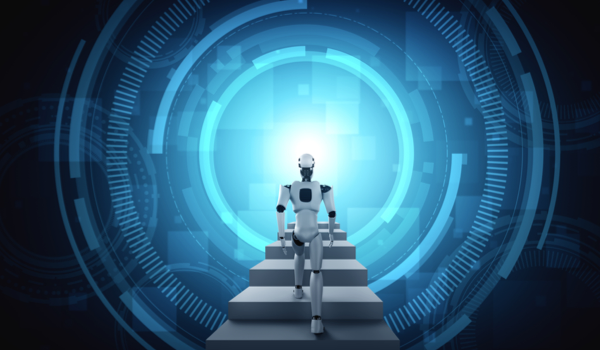


MADRID – The year 2023 may be the one when artificial intelligence (AI) transforms daily life, said Brad Smith, president and vice chairman of Microsoft, at a Vatican-organized event on AI held last month. Smith’s statement was less a prediction than a call to action, however. The event attended by industry leaders and representatives of the three Abrahamic religions - Judaism, Christianity, and Islam - sought to promote an ethical, human-centered approach to the development of AI.
That AI poses a daunting set of operational, ethical, and regulatory challenges is in no doubt, and addressing them will be far from straightforward. Though AI development dates back to the 1950s, the technology’s contours and likely impact remain hazy.
Of course, recent breakthroughs - from the almost chillingly human-like text produced by OpenAI’s ChatGPT to applications that may shave years off the drug-discovery process - shed light on some dimensions of AI’s immense potential. Nevertheless, to predict all the ways AI will reshape human lives and civilization remains impossible.
This uncertainty is nothing new. Even after recognizing a technology’s transformative potential, the shape of the transformation tends to surprise people. Social media was initially touted as an innovation that would strengthen democracy, but in fact it has done far more to destabilize it by facilitating t
The content herein is subject to copyright by Project Syndicate. All rights reserved. The content of the services is owned or licensed to The Yuan. The copying or storing of any content for anything other than personal use is expressly prohibited without prior written permission from The Yuan, or the copyright holder identified in the copyright notice contained in the content. Continue with Linkedin
Continue with Linkedin
 Continue with Google
Continue with Google











 944 views
944 views






